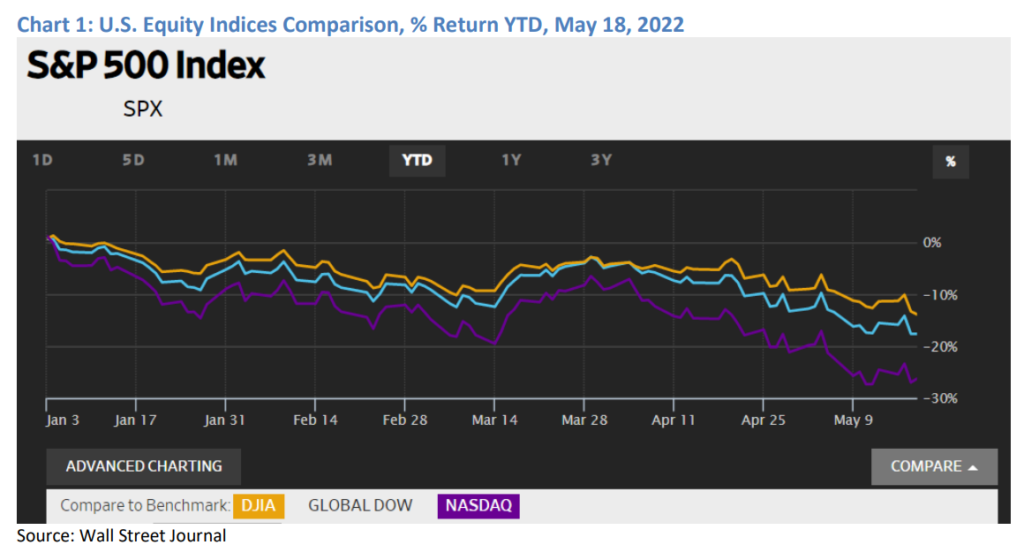Graphic:


Excerpt:
Stock portfolios at large pension funds had a blockbuster run. Now, managers are cashing out.
Corporate pension funds are shifting money into bonds. State and local government funds are swapping stocks for alternative investments. The nation’s largest public pension, the California Public Employees’ Retirement System, is planning to move close to $25 billion out of equities and into private equity and private debt.
Like investors of all kinds, the funds are slowly adapting to a world of yield, where they can get sizable returns on risk-free assets. That is rippling throughout markets, as investors assess how much risk they want to take on. Moving out of stocks could mean surrendering some potential gains. Hold too much, for too long, and prices might fall.
Author(s): Heather Gillers, Charley Grant
Publication Date: 18 Apr 2024
Publication Site: WSJ



